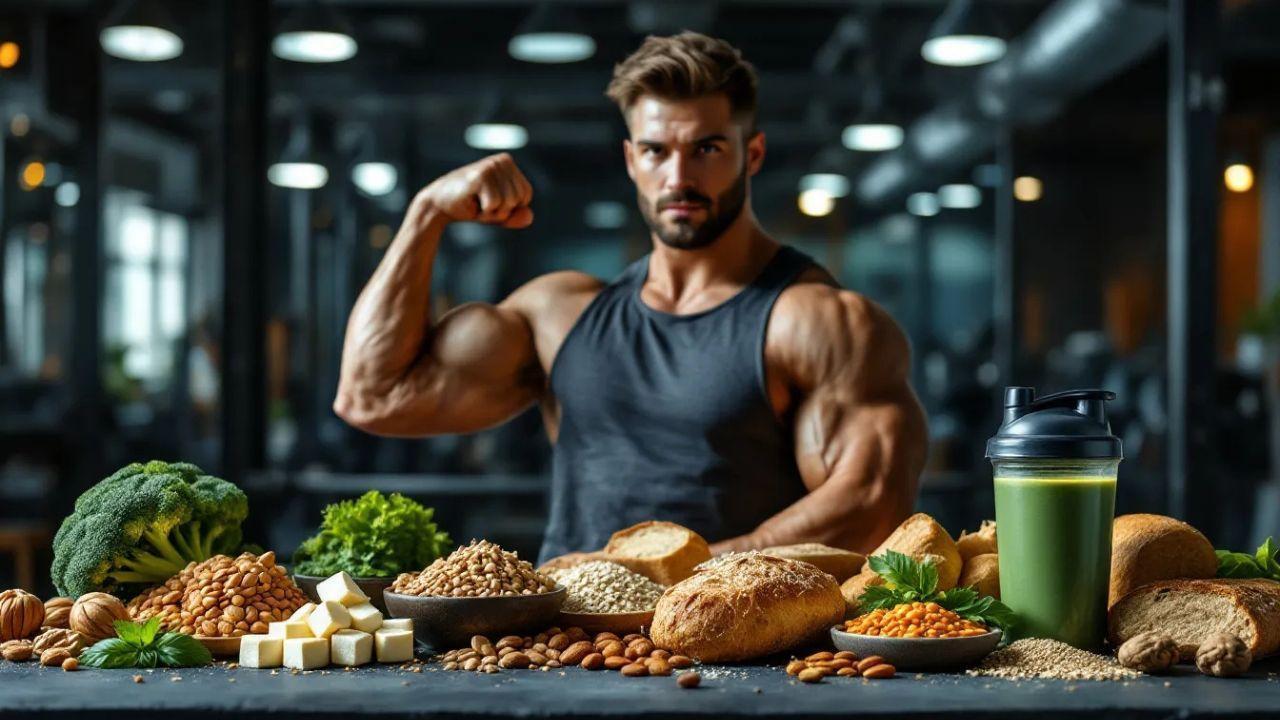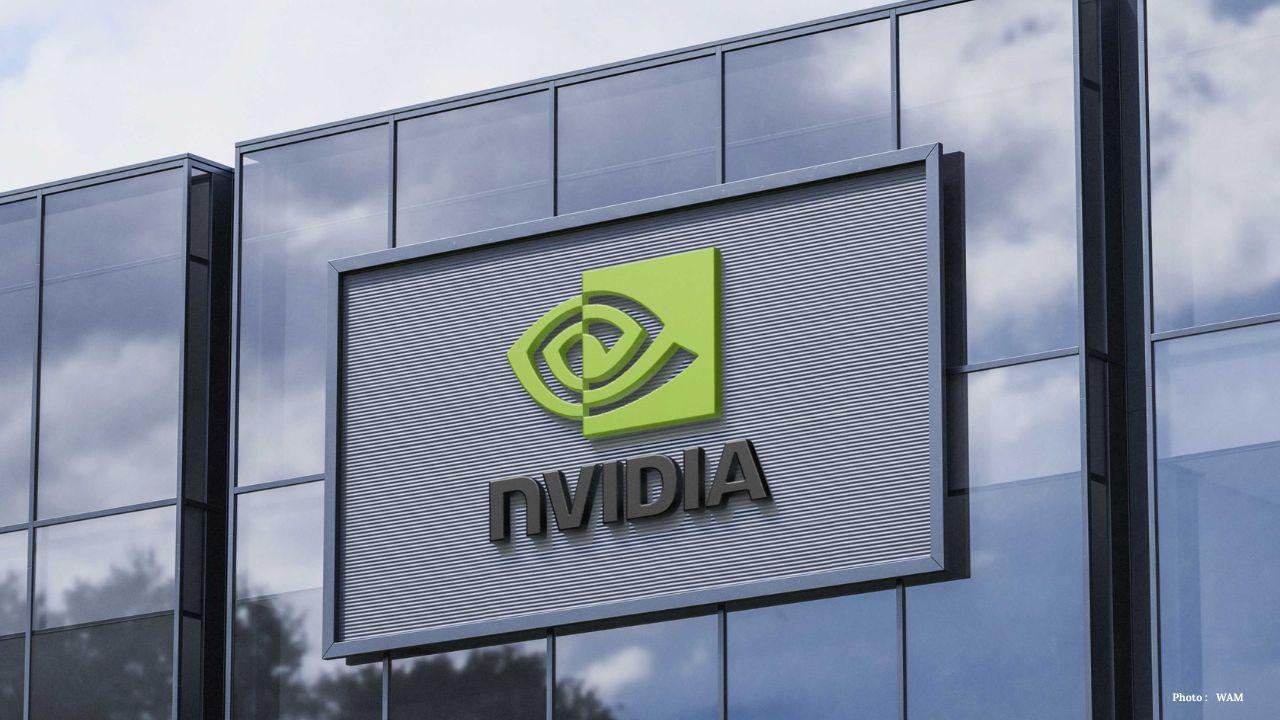
Post by : Naveen Mittal
Adopting a plant-based diet doesn't mean compromising on muscle growth or longevity. In fact, numerous plant-based protein sources are not only rich in essential nutrients but also support muscle development and promote healthy aging. Whether you're a seasoned athlete or someone looking to improve overall health, incorporating these plant-based proteins into your diet can offer significant benefits.
Tempeh, a fermented soybean product, stands out as a top plant-based protein source. With approximately 18 grams of protein per 3-ounce serving, tempeh surpasses the protein content of a large egg. Additionally, it contains all nine essential amino acids, making it a complete protein. Beyond its protein content, tempeh is rich in probiotics and prebiotics, which support gut health and enhance nutrient absorption. It's also a good source of minerals like calcium, iron, magnesium, and manganese, contributing to overall health and longevity.
Lentils are not only affordable but also packed with nutrients. A cup of cooked lentils provides about 18 grams of protein, along with fiber, iron, and folate. These nutrients support digestive health, heart health, and overall well-being. Lentils are also low in fat and have a low glycemic index, making them an excellent choice for blood sugar management. Their versatility allows them to be incorporated into soups, salads, stews, and even veggie burgers.
Quinoa is a gluten-free pseudocereal that offers all nine essential amino acids, making it a complete protein. A cup of cooked quinoa provides about 8 grams of protein and 5 grams of fiber. It's also rich in minerals like magnesium, phosphorus, and copper, which support metabolism, cognitive function, and immunity. Quinoa's low glycemic index and high content of B vitamins, iron, and calcium further enhance its health benefits, making it a staple in longevity diets.
Chickpeas, or garbanzo beans, are another excellent plant-based protein source. They provide about 19 grams of protein per 100 grams and are rich in fiber, which aids in digestion and promotes satiety. Chickpeas also contain essential nutrients like iron, folate, and manganese. Their versatility allows them to be used in a variety of dishes, from hummus and salads to stews and curries.
Hemp seeds are a complete plant-based protein, containing all nine essential amino acids. They provide about 9 grams of protein per 3 tablespoons and are rich in healthy fats, including omega-3 and omega-6 fatty acids. Hemp seeds also contain essential minerals like magnesium, iron, and zinc, which support muscle health and the immune system. Their mild, nutty flavor makes them easy to incorporate into smoothies, salads, and baked goods.
Pea protein, derived from yellow split peas, is gaining popularity as a plant-based protein supplement. It's highly digestible and provides a good source of branched-chain amino acids (BCAAs), which are crucial for muscle recovery and growth. Pea protein is also low in allergens, making it suitable for individuals with sensitivities to dairy or soy. It's commonly found in protein powders and can be added to shakes, smoothies, or baked goods.
Chia seeds are tiny powerhouses of nutrition. They provide about 5 grams of protein per 2 tablespoons and are rich in fiber, healthy fats, and antioxidants. Chia seeds also contain essential minerals like calcium, magnesium, and phosphorus, which support bone health. Their ability to absorb liquid and form a gel-like consistency makes them ideal for puddings, smoothies, and as an egg substitute in baking.
Nutritional yeast is a deactivated yeast that has a cheesy flavor, making it a popular addition to plant-based diets. It provides about 5 grams of protein per tablespoon and is often fortified with vitamin B12, a nutrient that can be challenging to obtain from plant-based sources. Nutritional yeast is also rich in fiber and antioxidants, supporting overall health and longevity. It's commonly sprinkled on popcorn, pasta, or used in sauces and dressings.
Incorporating a variety of plant-based protein sources into your diet can support muscle growth, enhance recovery, and promote healthy aging. Foods like tempeh, lentils, quinoa, chickpeas, hemp seeds, pea protein, chia seeds, and nutritional yeast not only provide essential nutrients but also offer versatility and flavor to your meals. By choosing these nutrient-dense options, you can build a diet that supports both your fitness goals and long-term health.
Remember, a balanced diet rich in whole, plant-based foods, combined with regular physical activity and adequate rest, is key to achieving optimal health and longevity.
Plant-Based Protein, Muscle Growth, Longevity, Vegan Nutrition, Healthy Aging, Fitness, Plant-Based Diet, Muscle Recovery, Nutrient-Rich Foods










TRENDS & STRATEGIECS Join Hands for Global Research Collaboration
TRENDS and STRATEGIECS signed an agreement to strengthen research, share expertise, and support stra

US TikTok Deal Oracle to Oversee App Security
Oracle and Silver Lake may take charge of TikTok’s U.S. operations, handling data and algorithm to m

Nvidia to Invest $100B in Massive AI Data Center Project
Nvidia and OpenAI partner for largest AI infrastructure ever, planning $100B investment and millions

Sharjah Free Zone Showcases Gold & Jewellery Hub at Hong Kong Fair
Sharjah’s Free Zone highlights investment opportunities, advanced facilities, and global partnership

UAE Leaders Congratulate Saudi King and Crown Prince on 95th National Day
UAE leaders send warm congratulations to Saudi Arabia’s King Salman and Crown Prince on the Kingdom’

Bruce Pearl Retires as Auburn Coach Son Steven Takes Over
Auburn coach Bruce Pearl retires after historic career, son Steven steps up as head coach to continu